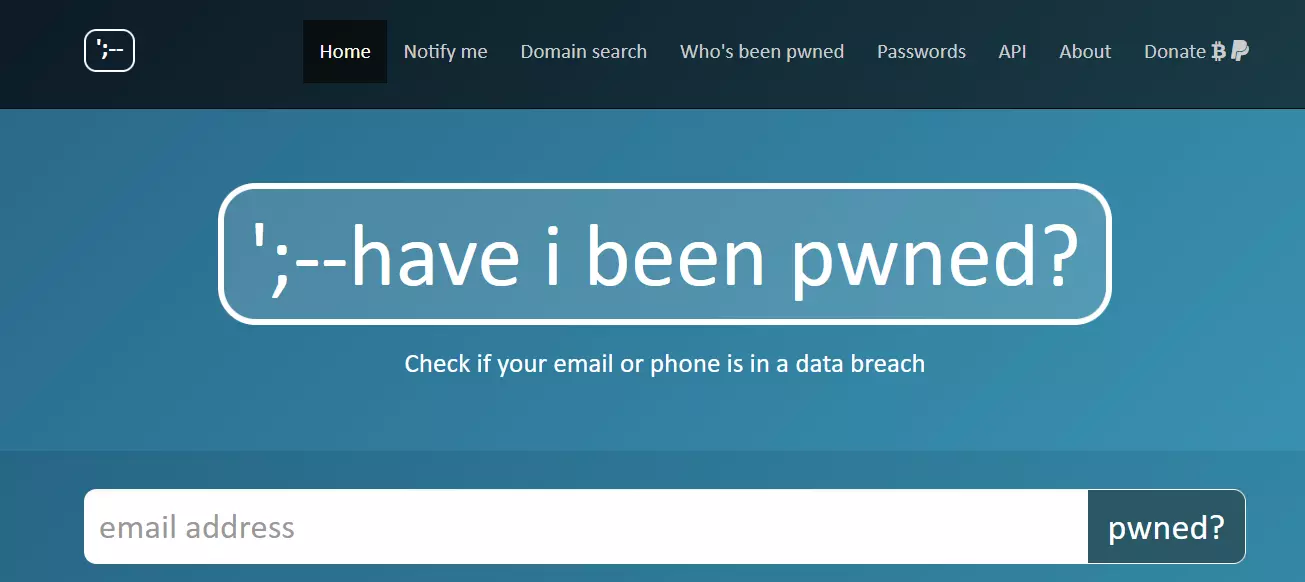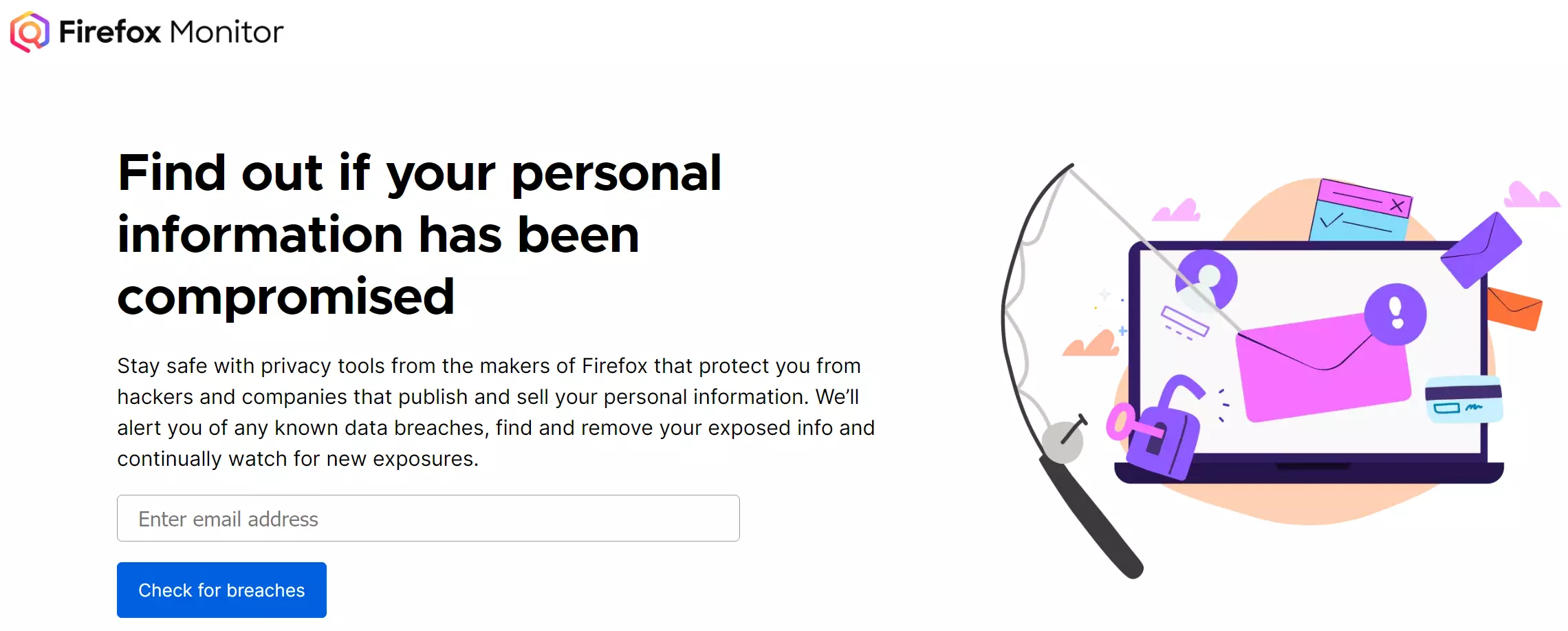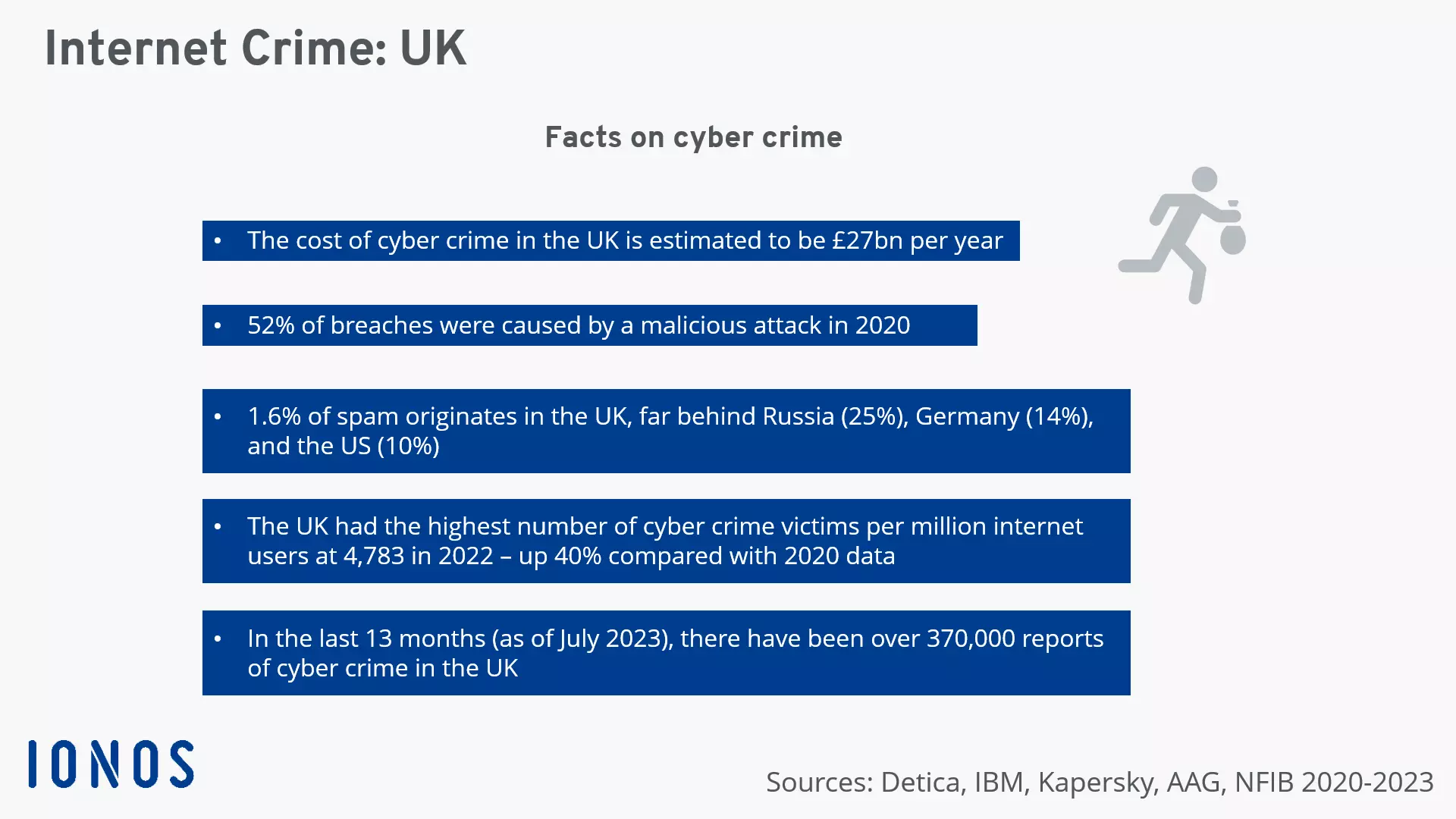Has my email been compromised?
‘Is my email hacked?’ Millions of users worldwide ask themselves this question when a cyberattack becomes public knowledge. Once the hackers are in possession of login data, the damage to those affected can be catastrophic. Our overview shows you how to check if your email has been hacked and which websites and tools can help you.
For quick readers, the following three websites can reveal whether your email account has been hacked:
Has my email been compromised? These websites reveal the truth
How do you know if your email has been hacked? Luckily you don’t have to guess because there are websites that can be used to determine whether an email account has been hacked and they do so by analysing botnets or data breaches. We’ve compiled the best options to check if your email is hacked.
Have I Been Pwned?
One way to check if your email has been hacked is to go to the website Have I Been Pwned? (HIBP). The word ‘pwned’ is taken from internet and gaming slang and is a joke way of spelling ‘owned’. You enter your email address to check if it has been compromised in a breach. The analysis is based on numerous known data breaches of major websites. There are over 670 different sites and 12.5 billion hacked addresses in the database already so you can quickly find out if your email has been pwned.

In addition, the site offers other features e.g., the notification feature. With this feature, HIBP will let you know if your email address or username ever comes up in any future data breaches.
Firefox Monitor
Since September 2018, Mozilla, the organisation behind the web browser Mozilla Firefox, has offered a web tool you can use to check whether your email has been compromised. The solution called Firefox Monitor gets its data from the Have I Been Pwned? (HIBP) website. The verification works just like with the other services. You enter your email address and then click on Check for breaches. After a short while, the email hack checker will send you a message stating whether your email account has been hacked or if the address has been affected by known data leaks.

Firefox Monitor also offers the option of being informed by email if your address is no longer secure due to a breach. You will also regularly receive updates about the current security situation.
Identity Leak Checker
The last tool in this overview comes from the Hasso-Plattner Institute, which is based in Germany. The tool searches internet databases for stolen identity data. To start the process, you have to go to the HPI website, enter your email address and click on Check email address!. However, the tool doesn’t only provide information on whether the password associated with the email address has been stolen, it also checks whether other personal information has been published or misused online such as phone numbers, addresses and dates of birth.

An email will be sent from the HPI institute to the address you have entered, stating whether your account has been hacked and personal details have been shared online. In addition, HPI will reveal when and how the data theft occurred.
Have you heard of ethical hacking? Learn more in our article on this topic.
What do I do if my email has been hacked?
All three tools provide you with reliable information and check whether your email has been compromised. There’s never a 100% guarantee that your account hasn’t been hacked. If the tool doesn’t find anything, the probability that unauthorised persons have access to your account is minimal. For security reasons, however, you should regularly change your passwords. But what should you do if you become a victim of data theft? Find out in the article ‘My email has been hacked: How do I fix it?’. Here we cover the most important steps to take if you suspect your email has been hacked.
At IONOS you can create your own email address and make the most of an inbox that is not only 100 percent free of advertising, it is also well protected against viruses and spam.
Why is having a secure account so important?
When your email account is hacked, criminals can take on your identity on the web. This is referred to as identity theft. If they get hold of your logins or bank data, this enables them to shop online with your money. This can mean considerable financial damage for you. Online shops, for example, will withdraw money from your account even though you have not bought anything from them. You will also be held accountable for criminal activities that originate from your email account.
Hackers may also misuse your account to send spam or Trojans to your contacts, meaning your hacked account can also affect others and could even end up paralysing company networks. In January 2003, the Slammer worm caused an internet blackout that not only affected the U.S., but also South Korea, Australia and New Zealand. It caused network traffic to increase by 25%, causing problems for the Bank of America.


